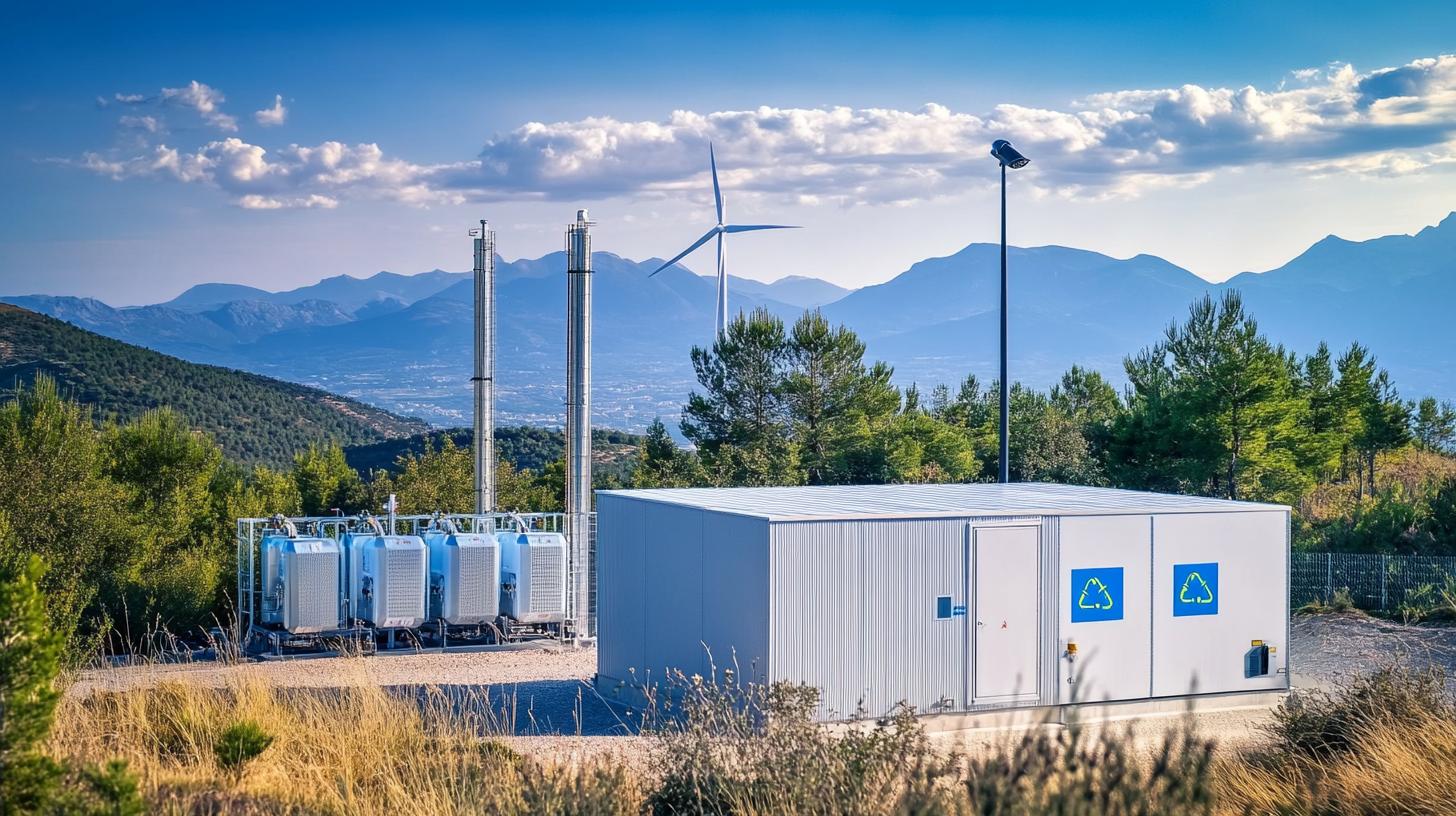In a pivotal move for sustainable energy, the European Union’s recent regulations are transforming how hydrogen production is integrated with renewable energy sources. This revolutionary framework classifies hydrogen as a renewable fuel of non-biological origin (RFNBO) under three major criteria: temporal and geographical synchronization with renewable electricity, and an innovative concept known as “additionality.”
Unlocking Green Hydrogen Potential
The EU’s groundbreaking legislation stresses that hydrogen must be generated when and where renewable energy is available. This ensures that the production is both responsible and truly green. However, the real innovation lies in the “additionality” criterion, preventing the siphoning of existing renewable energy for hydrogen production, thus prompting new renewable developments.
Connection Dynamics: Direct vs. Virtual
Hydrogen production facilities can connect directly to nearby renewable sources or engage in virtual connections via power purchase agreements (PPAs). Each pathway has dedicated rules to ensure compliance with renewable criteria, preserving the integrity of sustainable practices.
Bidding Zones: The Exceptions and Their Strategic Benefits
Remarkably, the EU has carved out exceptions for certain bidding zones, easing strict compliance where renewable energy is over 90% or grid carbon intensity is exceptionally low. In these regions, hydrogen projects can flourish without developing extra capacity, leveraging existing resources effectively. These areas, such as parts of Sweden and France, become prime hotspots for hydrogen ventures, facilitating effortless access to existing grids.
This approach not only paves the way for rapid green hydrogen expansion but also sets a precedence for pragmatic energy transitions across Europe.
The Unseen Impact: How EU’s Hydrogen Rules are Shaping Economies and Lives
The recent European Union regulations for hydrogen production are not just a shift towards sustainability but a catalyst for profound economic and social transformations. While the policy primarily targets hydrogen classification and production, its ripple effect touches various realms from local economies to global energy markets.
Driving New Wind and Solar Projects
The criterion of “additionality” is a game-changer, fostering development in renewable infrastructure. In regions previously reliant on fossil fuels, this requirement stimulates substantial investments in wind and solar energy projects. This results in job creation, boosting local economies while enhancing energy security. Communities that embrace these changes often see a transition in workforce skills, leading to new educational and vocational training initiatives.
Maximizing Grid Efficiency and Stability
By integrating hydrogen production with existing grid systems, the EU’s regulations enhance grid stability and efficiency. For instance, areas with over 90% renewable penetration, like certain zones in Sweden and France, utilize their grids more effectively. This strategic exploitation reduces energy wastage and promotes fair electricity pricing, benefiting both producers and consumers.
Reducing Dependence on Fossil Fuels
For countries heavily reliant on imported fossil fuels, hydrogen presents a sustainable alternative, reducing geopolitical vulnerabilities. Regions traditionally plagued by energy shortages gain self-reliance through localized hydrogen projects, lessening their dependence on foreign oil and gas. How will this affect global oil markets? Over time, a diminished demand for fossil fuels in Europe could lead to price adjustments and shift global trading patterns.
Potential for Innovation and Technological Advancements
These regulations are sparking innovation in technologies and methods for hydrogen storage and transport. Companies and researchers are exploring new ways to make hydrogen more accessible and economically viable, addressing one of the main controversies surrounding hydrogen energy: its current inefficiencies and high production costs. This could lead to Europe becoming a leader in hydrogen technology, exporting knowledge and solutions worldwide.
Challenges and Controversies
Despite its benefits, the policy is not without challenges. The need for vast investments could strain smaller economies, causing disparities in how different regions benefit from these regulations. Additionally, while the framework seeks to increase renewable capacity, it also raises questions about land and resource allocation for new projects, a topic that can stir public debate about environmental impacts and best land usage.
What’s Next?
How will these regulations evolve as technology and markets advance? Success could prompt global adoption of similar frameworks, decentralizing energy production and pushing renewable energy to new heights. However, constant evaluation and adjustment will be essential to address emerging concerns and ensure equitable benefits across all EU nations.
The EU’s hydrogen rules mark a pivotal moment in energy history, one that demands close observation and understanding. The sweeping changes in regulation are more than legislative—they are transformative movements towards a more sustainable and energy-secure future.
For more on renewable energy standards and developments, visit Europa, your gateway to the European Union’s initiatives and policies.










